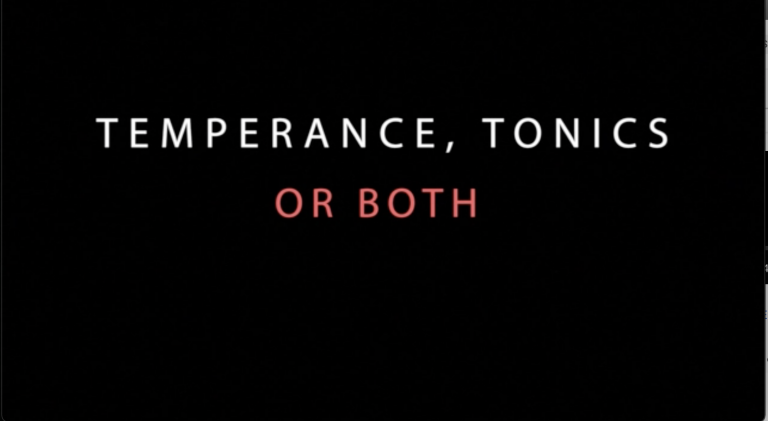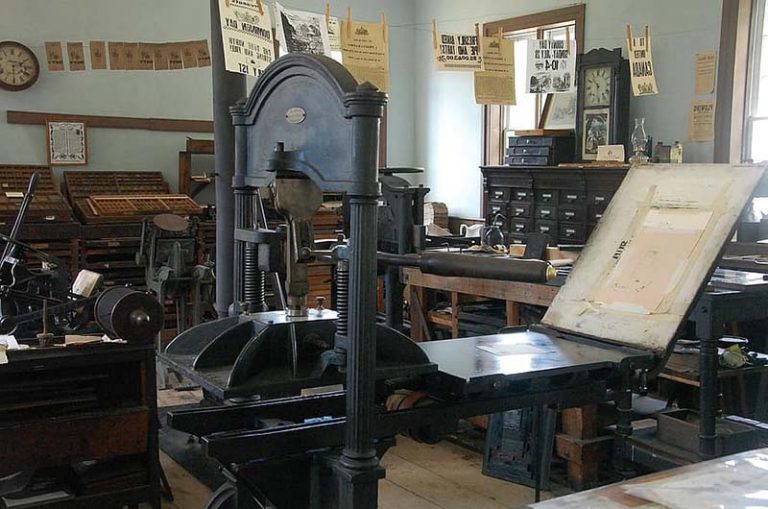Rosen – Q&A
Most of this article reviews the fundamental tenants of public journalism, but the most interesting aspect is Rosen’s response where he talks about the political economy of public journalism. He describes it not as a site of struggle between the capitalist corporate agenda and journalists. Rather, it is something quiet different. He says public journalism is not an insurrection or a minor revolt against the structural forces within mass media. Media corporations do not own journalism, he argues. He rejects the notion of journalism being rolled into the term “media” because it reduces news and analysis into commodities. He suggests journalism cannot be owned. Journalists are the ones who control journalism and it is up to journalists to ensure that newsrooms are not taken over without a challenge. But, there must also be challenge from outside of journalism. He also suggest public journalism can be practiced within even the most highly restricted environment.
Having met and listen to Rosen several times in my career, it is possible to hear some of the arrogance that is often intoned when he speaks. This response is a convenient conceit allowing him to ignore the oppressive nature of the political economy of modern news organizations. To say public journalism is not an insurrection or even a minor revolt against structural forces is to lowball the impact of this kind of journalism. And, I would honestly question if that were even true. Public journalism came as a direct response to the falling circulation and audiences of news media and the decline of political participation in elections. Rosen’s earlier work clearly outlines this as a motivation. Whether conscious or not, it plays into the capitalist desire to ensure profitability. If papers are not profitable, journalists do not have a place to do work, regardless of whether it is public journalism or other kinds.
Next, it does not matter if journalists do not wish to consider news and analysis as commodities; owners and publishers treat them this way. The commodification of news is certainly a site of struggle for modern journalism and he too quickly dismisses the significance of this trend. He separates journalists as intellectual labourers from their environment and the pressures exuded by owners and editors. This is an insulting position for journalists who may work for smaller news organizations or more oppressive owners, who do not allow journalists any flexibility or input into coverage. His positions are simplistic and shallow.
Finally, to suggest public journalism can take place in even the most highly restrictive environment is insulting. Certainly, journalists can make a practice of adding citizen voices and not include official voices each time. Or maybe a journalist can achieve some minor reforms, but this denies some of the realities of modern newsrooms and presents a false hope.
This is merely a question and answer article about public journalism. But the points made in it are half-baked, possibly as a result of the format. Still, Rosen’s explanation of public journalism’s role within the political economy of modern news organizations leaves much to be desired.
First posted: 7/31/07

